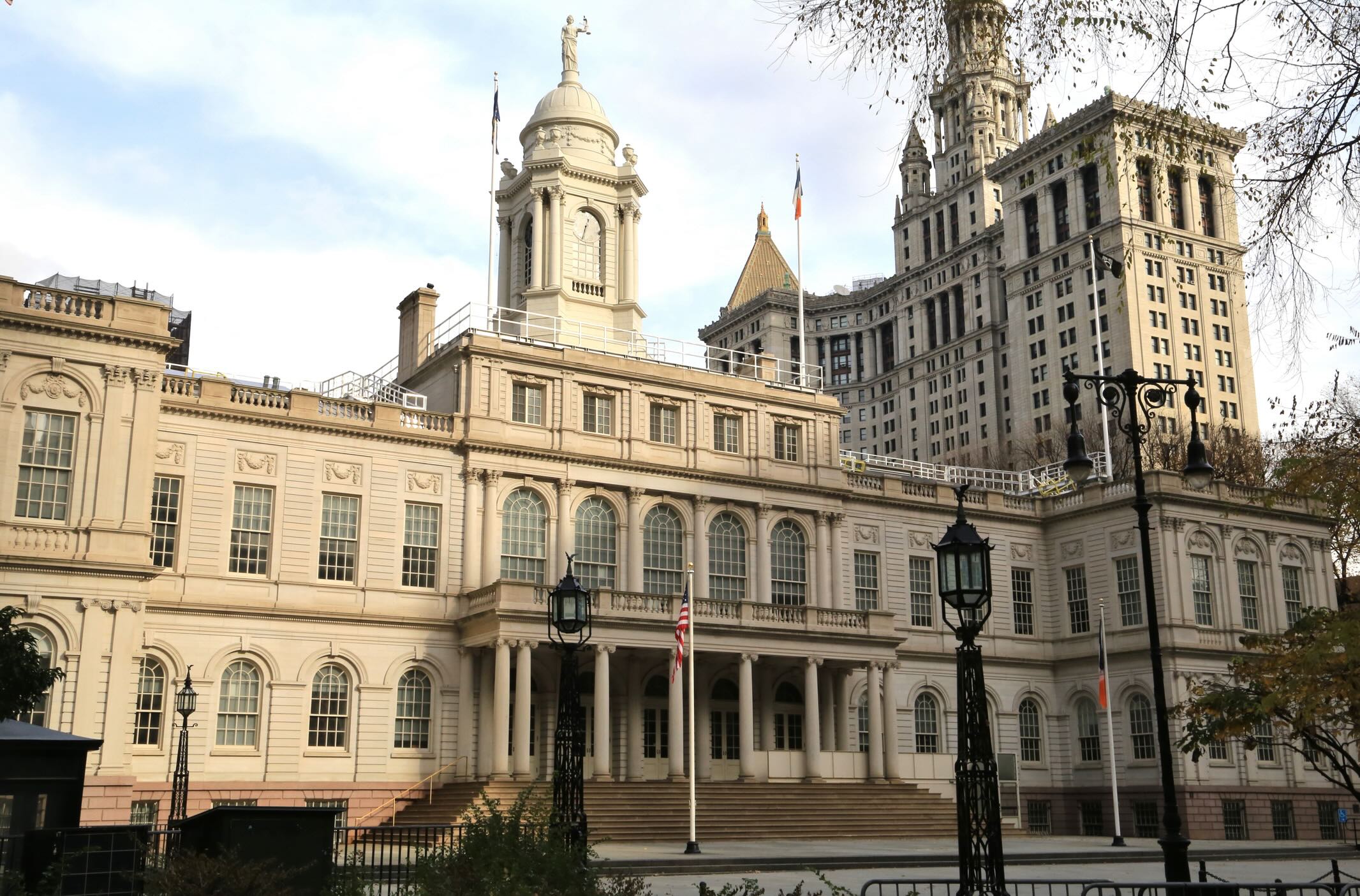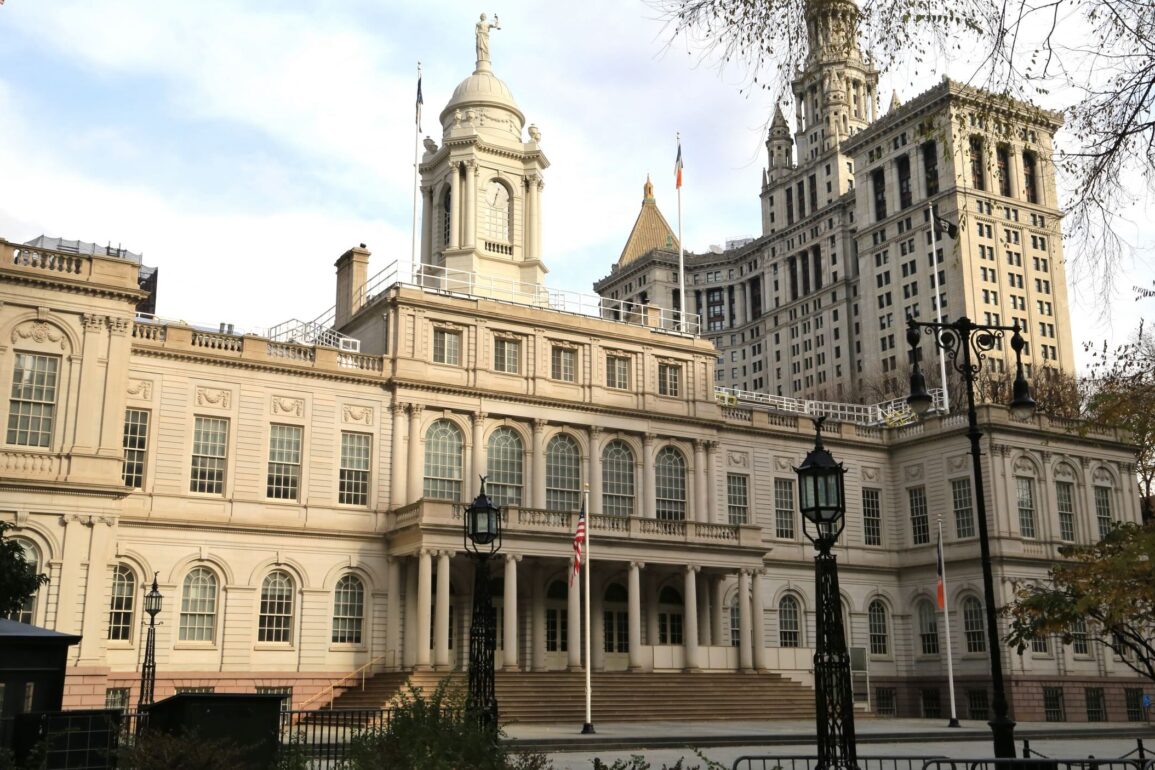
Lawmakers across the country are proposing reparations to black Americans for slavery and America’s history of racial discrimination. Proposals have included direct cash payments, grants, formal apologies from the government, and government programs with race-based eligibility.
Because certain reparations proposals would inevitably advantage and disadvantage individuals based on their race and ancestry—in violation of the Constitution—PLF is tracking the development of these policies at state and local levels. See last month’s roundup here.
Here is what has happened this past month:
The Big Apple Becomes the Largest City to Establish Reparations Program
New York City passed a pair of bills to establish a “Truth, Healing and Reconciliation process” and a reparations task force; the bills are effective immediately. The reparations task force is mandated to comprehensively study reparations measures and to coordinate with New York State’s reparations commission.
Providence Disburses $1.5 Million
Providence, Rhode Island, repurposed federal money—appropriated to provide relief during COVID-19—to award $1.5 million it characterizes as “reparations.” Fifteen different organizations received awards, and it’s unclear if Providence imposed racist and unconstitutional demands on those recipients.award $1.5 million it characterizes as “reparations.” Fifteen different organizations received awards, and it’s unclear if Providence imposed race-based (and unconstitutional) demands on those recipients.
Amherst On the Edge
Last fall Amherst, Massachusetts, released recommendations for the implementation of reparations. The Town Council is on the cusp of voting for the creation of the committee before the end of the month. The committee would be charged with reviewing proposals for disbursing up to $100,000 annually to promote efforts such as housing and homeownership, youth center programming, and entrepreneurial skill instruction—but intended to predominantly support residents of African heritage.
Asheville Commission Receives Extension
As reported in July, Asheville, North Carolina’s Reparations Commission had requested six more months to complete its work. The cCity had initially considered three months sufficient, but evidently capitulated. Asheville’s Mmayor, Esther Manheimer, concluded that a vote to approve the extension wasn’t even required.
Washtenaw County, Michigan, Screens a Movie
Recently, the members of Michigan’s Washtenaw County Advisory Council of Reparations went on a retreat and are “at a phase where they will have “one-on-one conversations” with members of the public. To launch its public outreach, the council hosted a film screening on September 12. The council is also still looking to fill vacancies.
California’s Reparations Bills Collapse, For Now
California’s unprecedented reparations efforts continued to dwindle after the State Assembly refused to push through two bills that advocates considered crucial to their aims. SB 1403, which would have established the California American Freedmen Affairs Agency to implement reparations policies, and SB 1331, which would have funded those policies, both met their demise after the Assembly decided not to bring the two bills up for final votes. As a result, neither will be presented to the governor for approval. They join several other bills that failed to cross the finish line, along with ambitions for direct cash payments.
However, several other reparations bills made it to the governor’s desk for his signature: SB 1348 would designate qualifying colleges and universities as Black-Serving Institutions that create plans to achieve academic equity goals for black students; AB 3089 would have the state issue a formal apology for harms committed against African Americans; and SB 1050 would provide compensation for property taken in racially motivated eminent domain.
But the fate of the latter bill remains uncertain—SB 1050 depends on the creation of the Office of Legal Affairs to process claims for compensation, which would have come from the newly formed Freedmen Affairs Agency conceived in the now-failed SB 1403.
This doesn’t appear to be the end for California’s reparations efforts, as one supporter in the legislature remarked that implementing the Reparations Task Force recommendations was always going to be “a multi-year effort.”
If you are interested in becoming a PLF client, fill out our submit a case form. All representation is free of charge.


